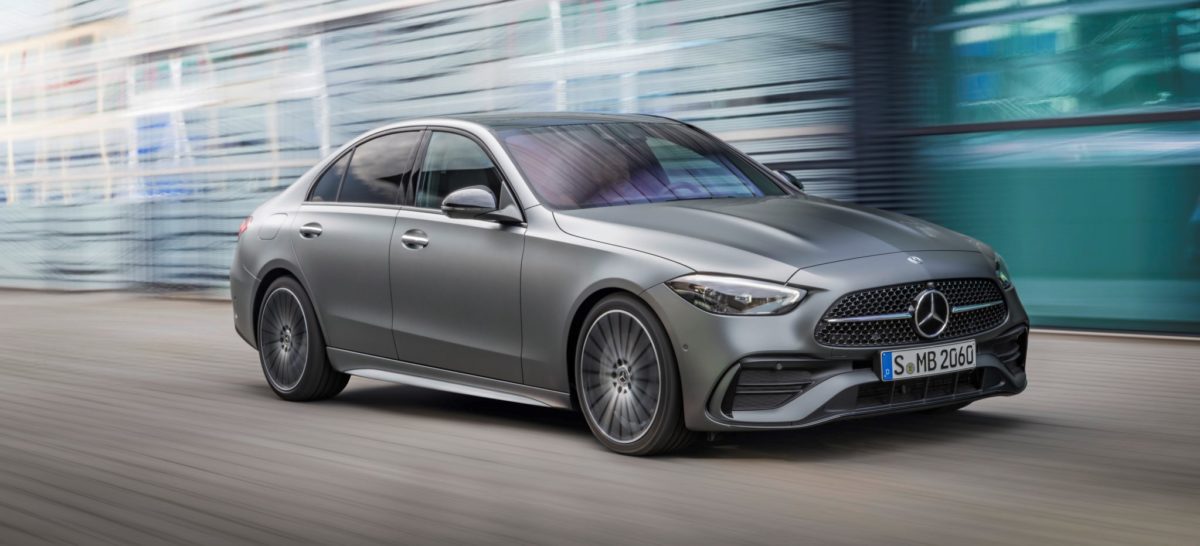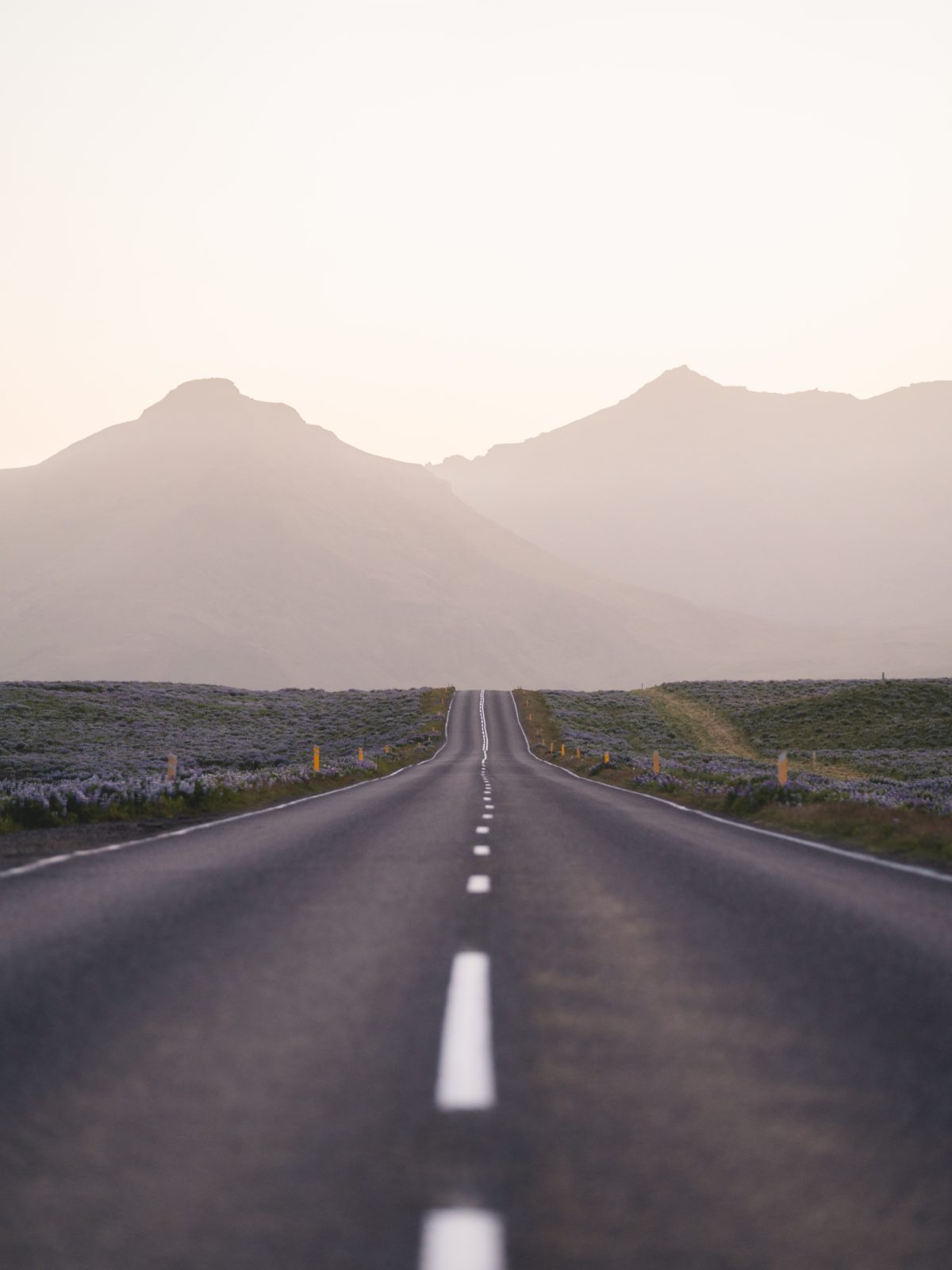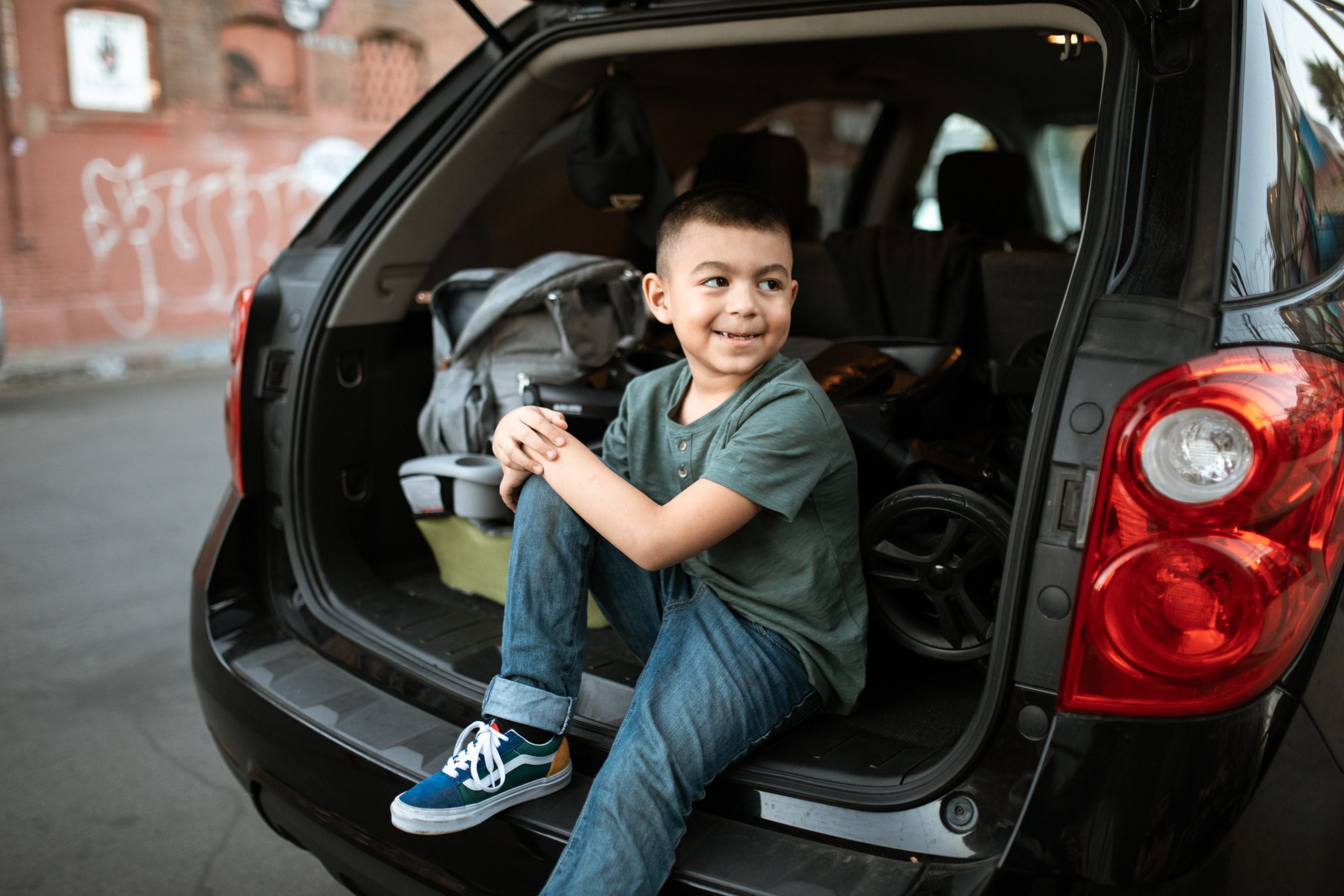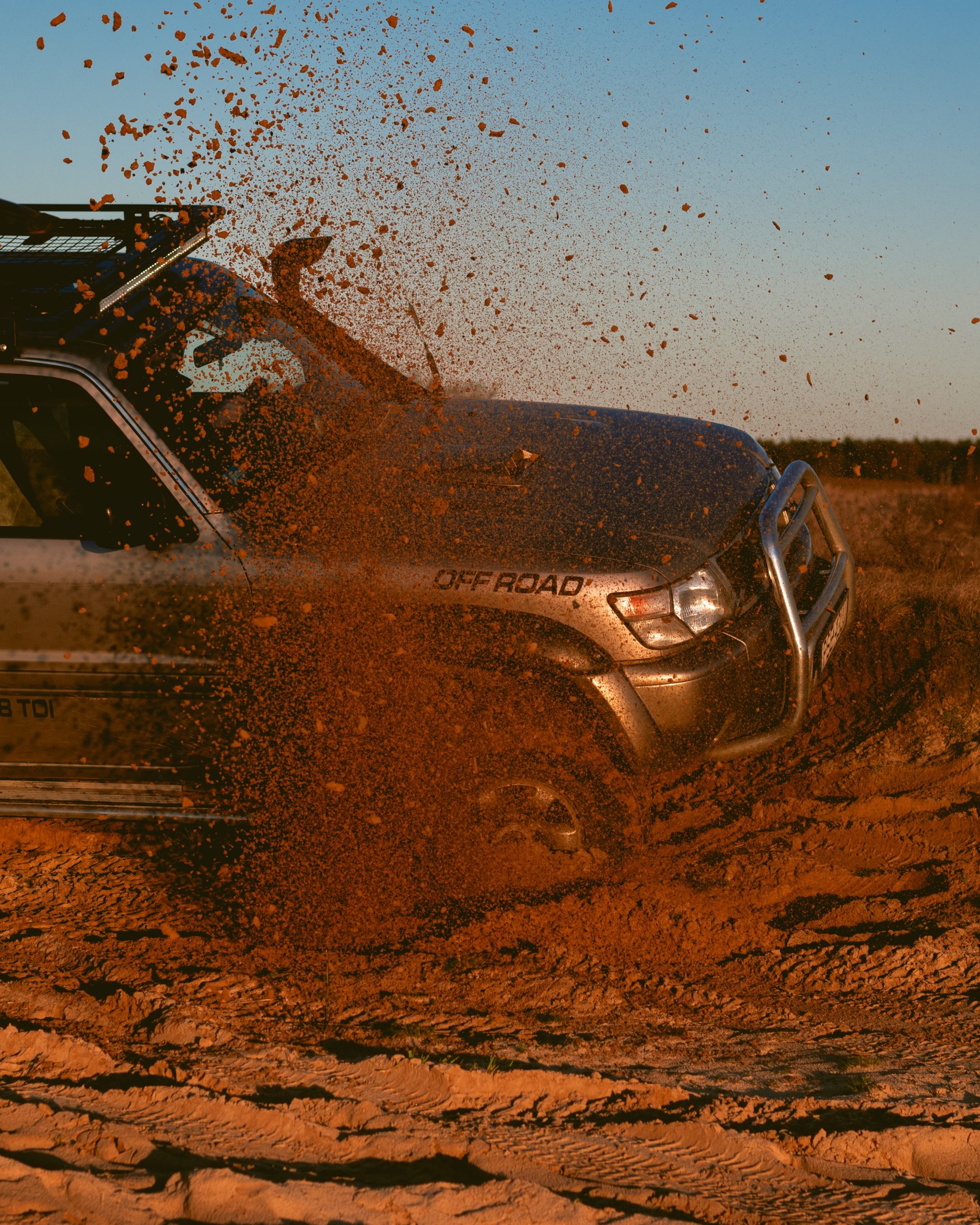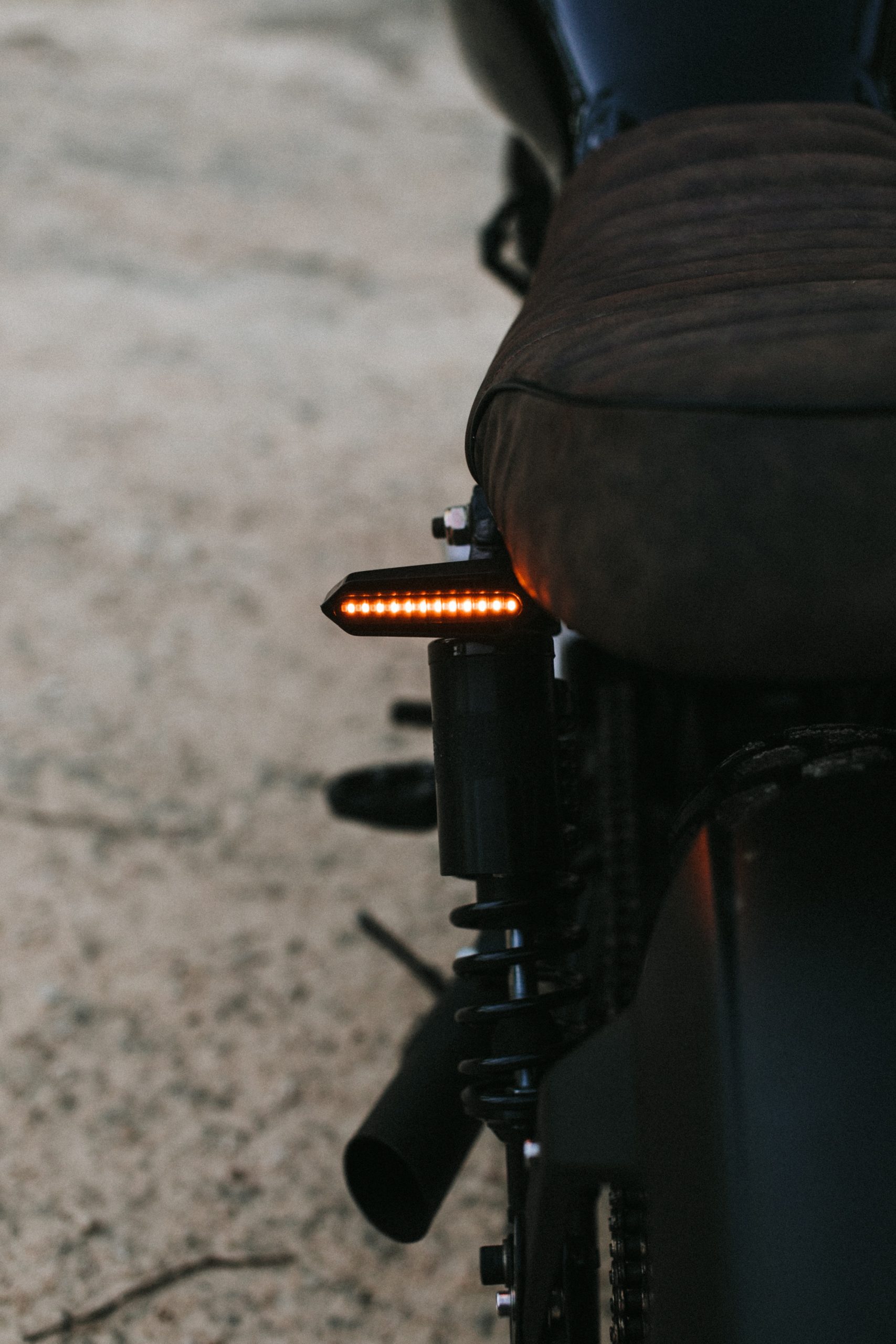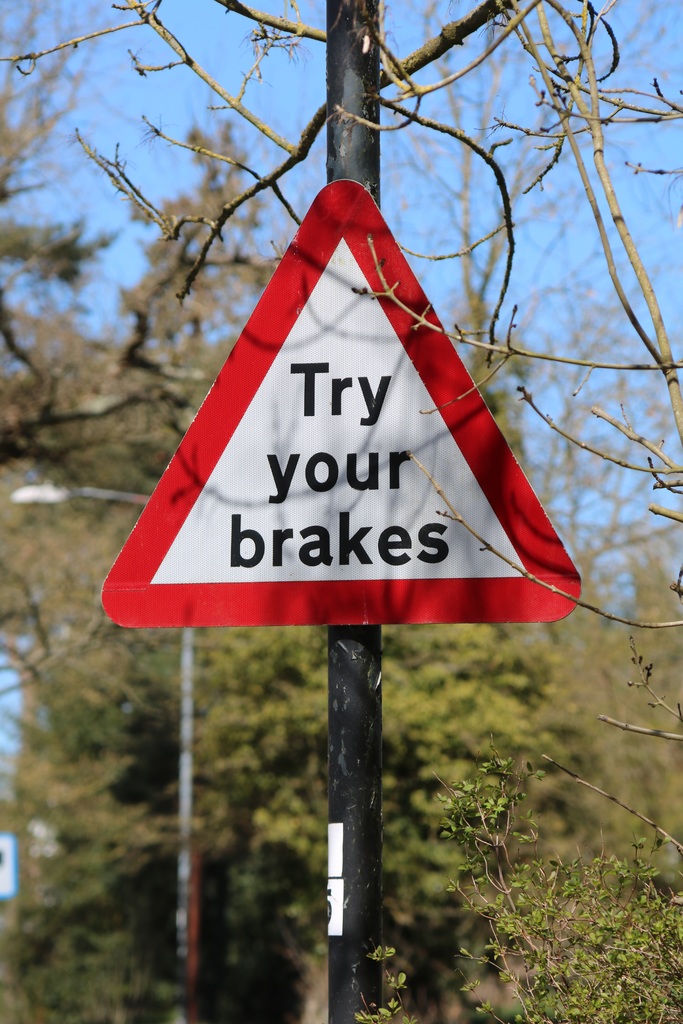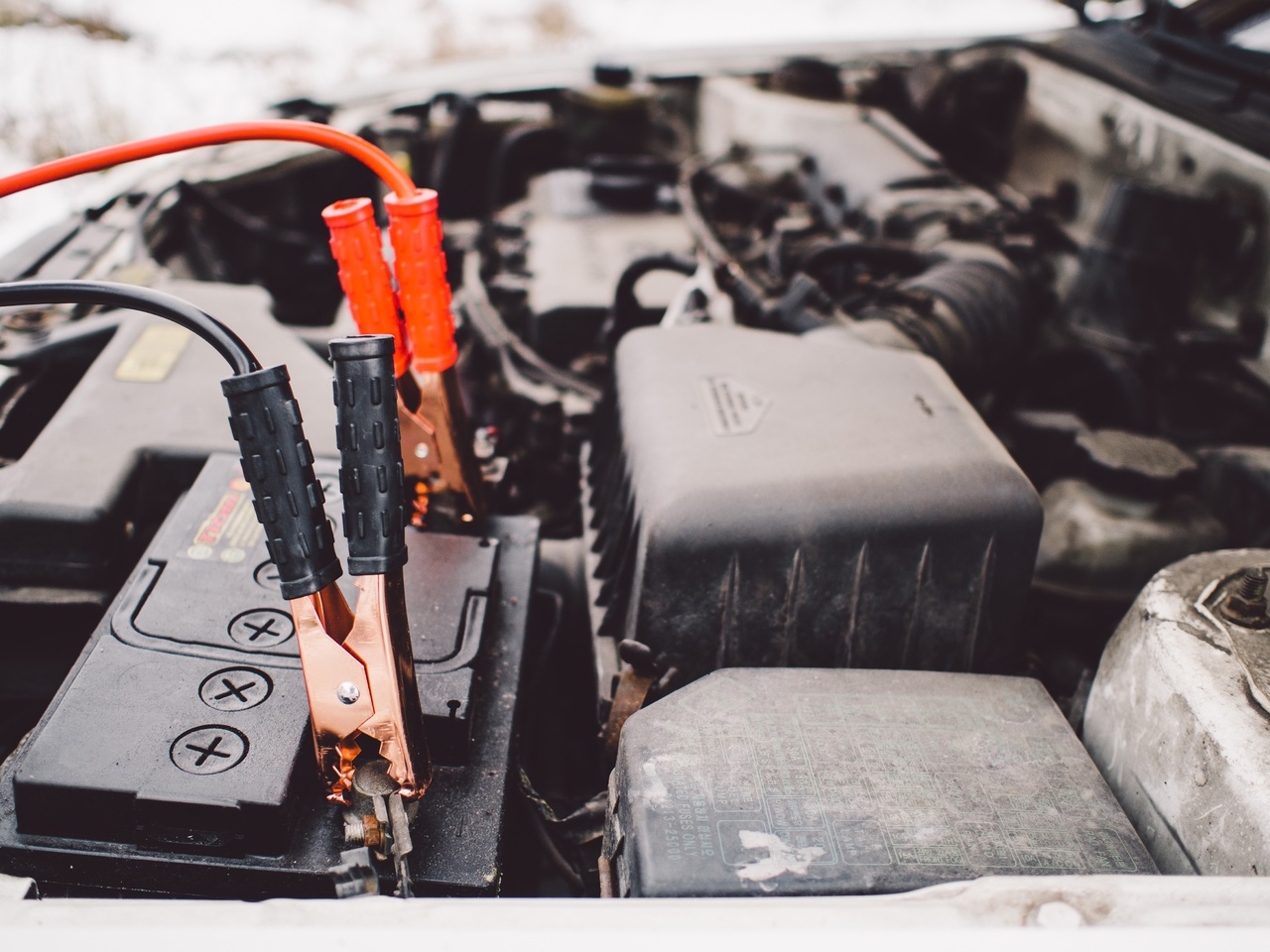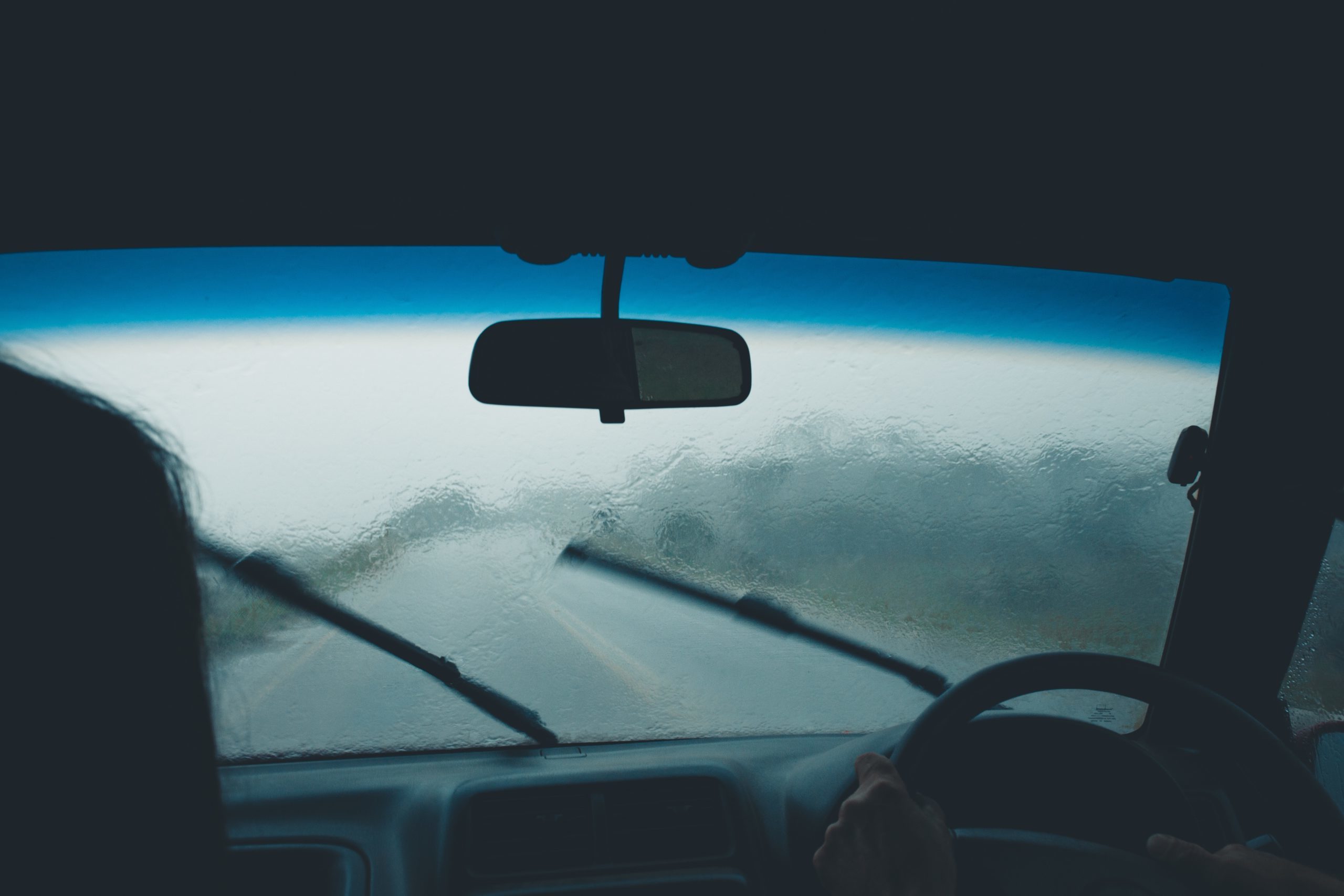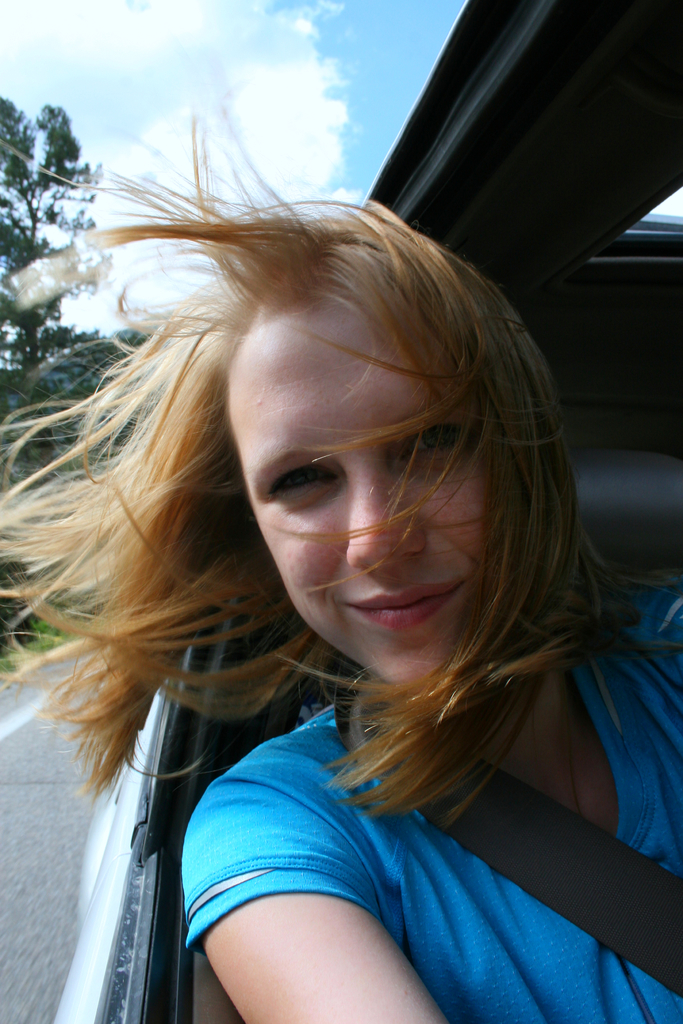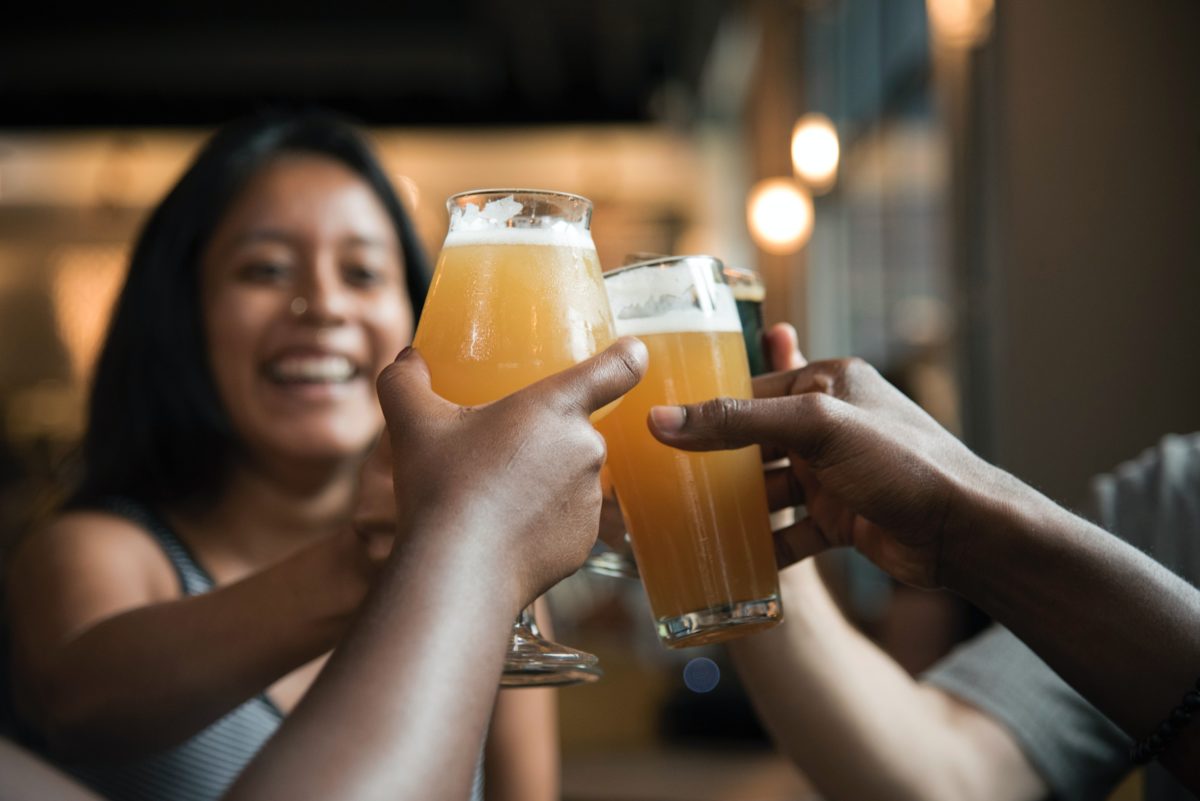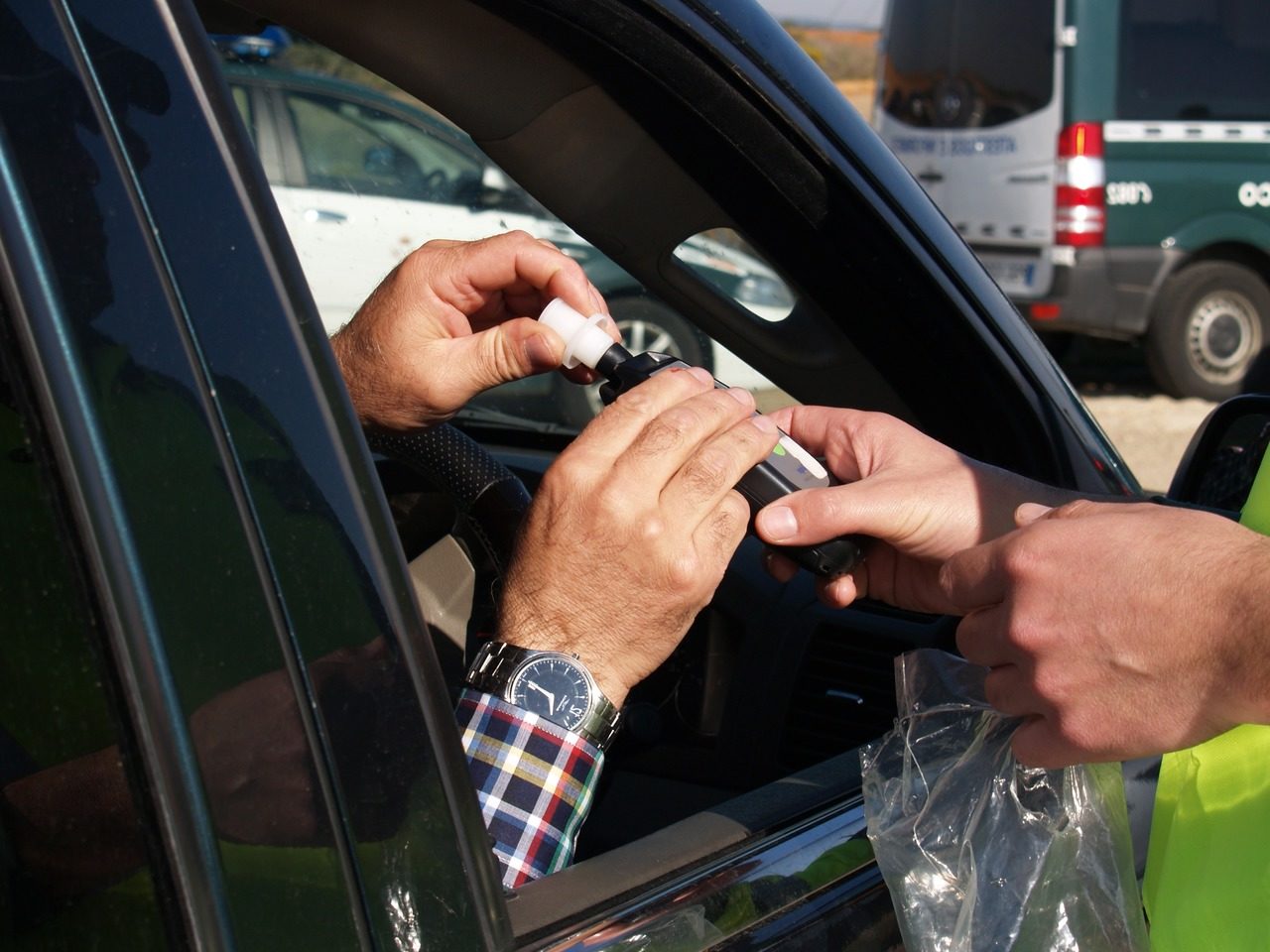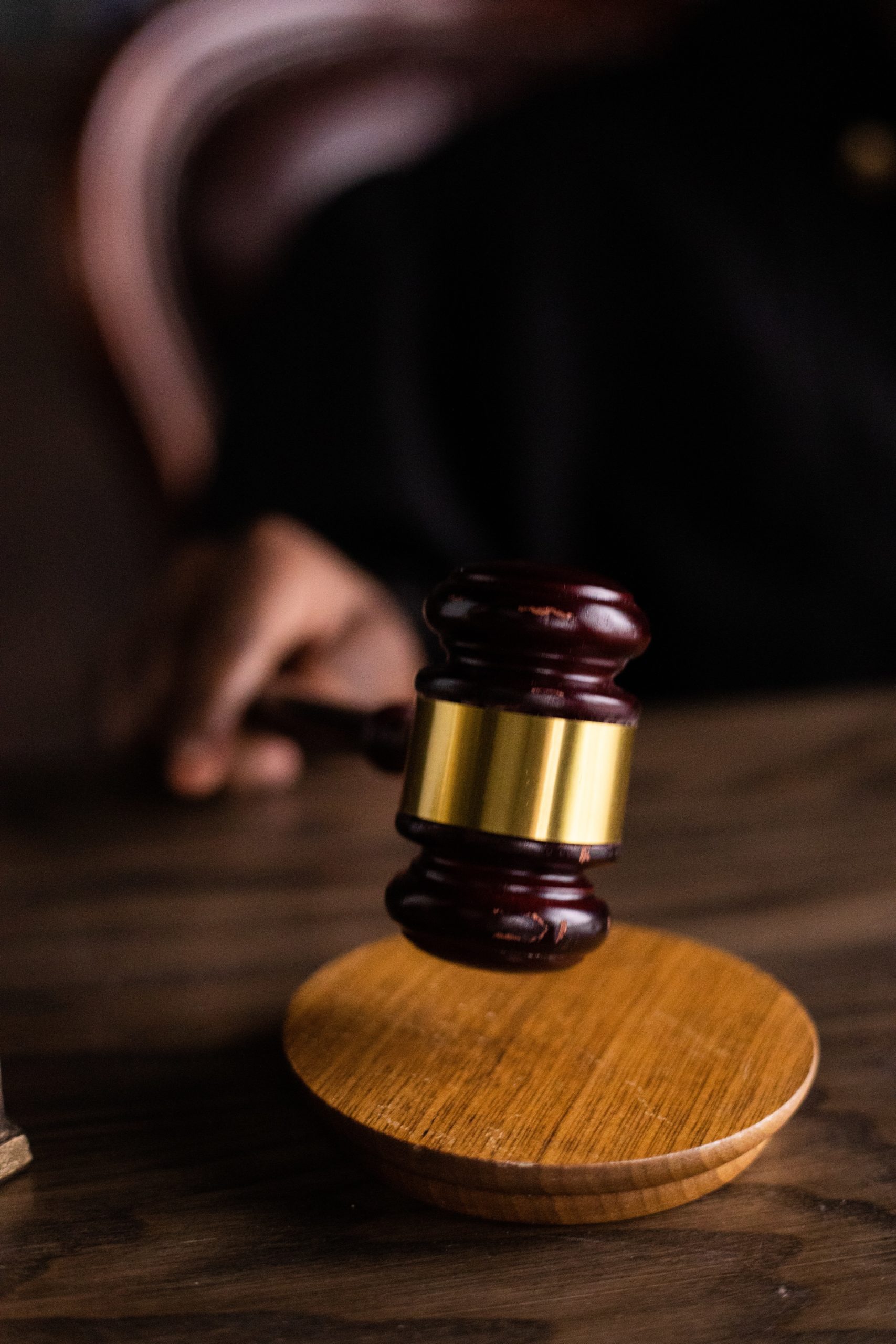The new Mercedes-Benz C-Class is here and it offers a new kind of comfort
By H&H Admin
A new type of comfort zone is here to challenge the status quo. The 6th generation C-Class boasts minimalist design, luxurious comfort and innovative assistance systems.
The new C-Class, which reaches local showrooms from December 2021, is manufactured in the Mercedes-Benz Cars plants in Bremen, Beijing and East London.
Mark Raine, Co- CEO for Mercedes-Benz South Africa and Executive Director for Mercedes-Benz Cars South Africa says the fact that East London is one of three global manufacturing plants for the new C-Class is a ‘massive success story’ for the local industry.

Bigger, better, sleeker
“The new C-Class is a sportive incarnation of luxury. It combines dynamic proportions with reduced design lines and sculptural surfaces. I have no doubt that the new C-Class will excite current and future customers with its wide range of high-tech features derived from the flagship S-Class”, said Mark Raine, Co- CEO for Mercedes-Benz South Africa and Executive Director for Mercedes-Benz Cars South Africa.
Considerably larger than its predecessor, with a length of 4751 mm and a width of 1820 mm, the wheelbase of the incoming C-Class has been increased by 25 mm to 2865 mm. It features a dynamic exterior design and a sumptuous interior that borrows heavily from the flagship S-Class.
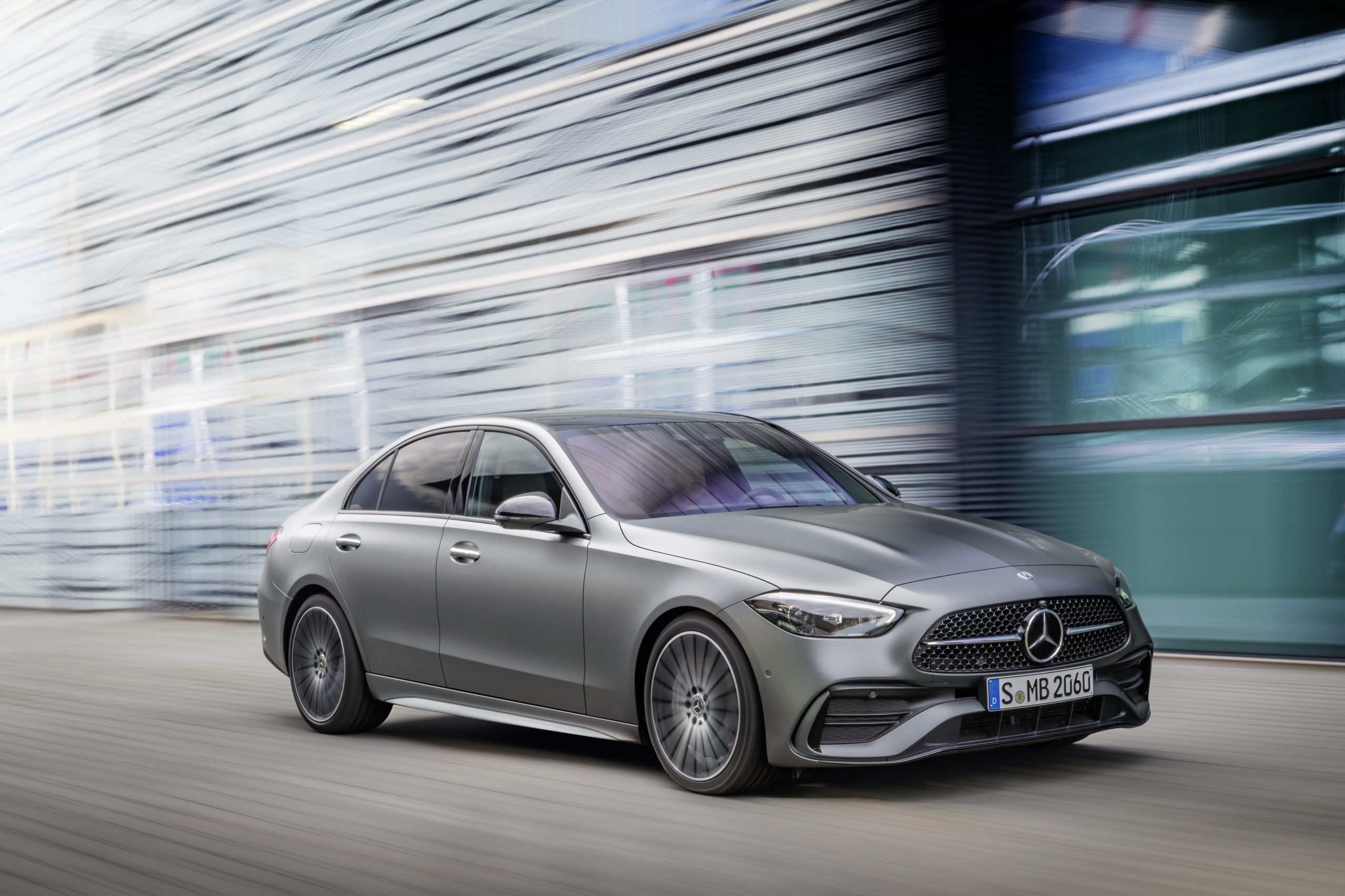
“The new C-Class is being launched into the South Africa market initially with the C200 and C220d engine derivatives, both sporting four-cylinder units from the current modular FAME (Family of Modular Engines) Mercedes-Benz engine family,” said Selvin Govender, Director of Marketing and Sales for Mercedes-Benz Cars.
The C200 boasts power delivery of 150kw and 300Nm of torque, while the C220d delivers 147kw and 440Nm of Torque. The C220d achieves a combined fuel consumption of 4.6l/100km and the C200 achieves a combined fuel consumption of 6.6l/100km.
Govender added, “The C200 is also available at launch in a limited debut edition known as Edition 6, which has numerous visual accents which underlines its exclusivity. Edition 6 will be limited to 400 units.
Technical view at a glance:
| C 200 | C 220 d | ||
| Displacement | cc | 1496 | 1993 |
| Output | kW | 150 | 147 |
| at | rpm | 5800-6100 | 3600 |
| Add. output (boost) | kW | 15 | 15 |
| Peak torque | Nm | 300 | 440 |
| at | rpm | 1800-4000 | 1800-2800 |
| Add. torque (boost) | Nm | 200 | 200 |
| Combined fuel consumption[1] | l/100 km | 6.6-6.2 | 4.6-4.3 |
| Acceleration 0-100 km/h | s | 7.3 | 7.3 |
| Top speed | km/h | 246 | 245 |
| Total fuel consumption WLTP | l/100 km | 7.2-6.3 | 5.2-4.4 |
| Retail Price | R849 000 | R908 500 | |
